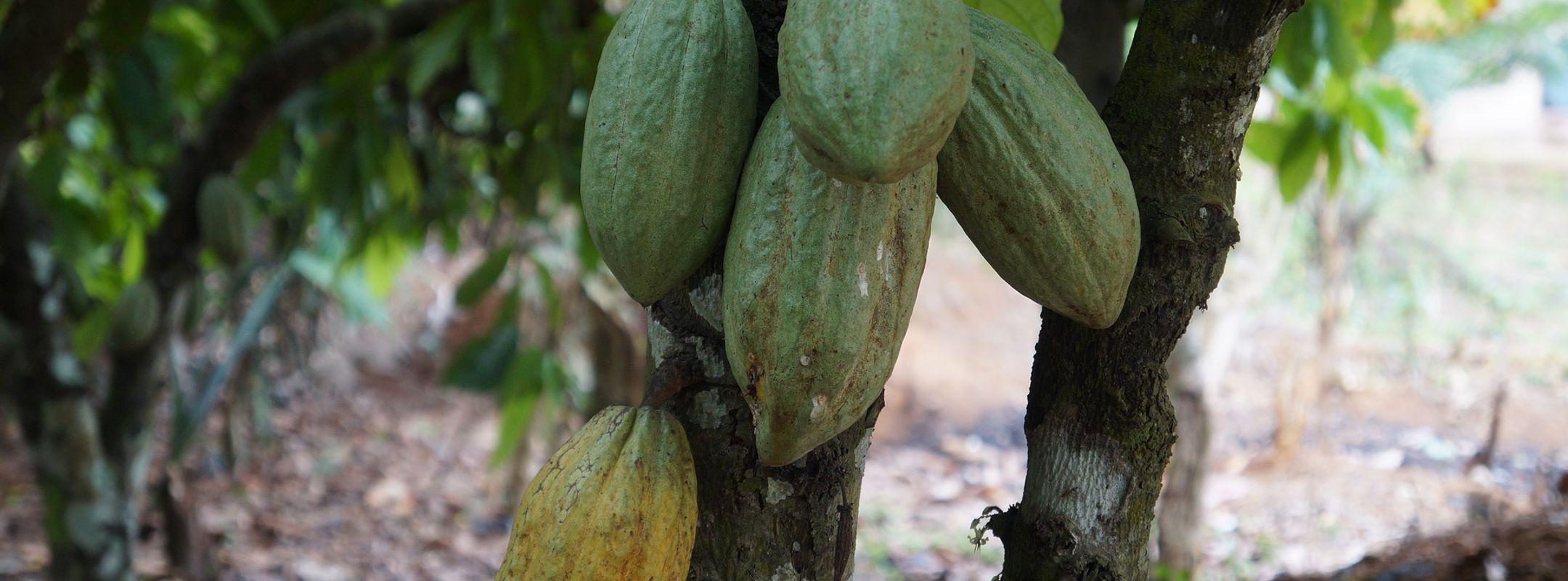Mapping cocoa exports from Côte d’Ivoire and Ghana
10 Mar 2021
11 min read
New Trase data reveals the companies which export cocoa from Côte d'Ivoire and Ghana, and the countries which import it.

New Trase data reveals the companies which export cocoa from Côte d'Ivoire and Ghana, and the countries which import it.

We use cookies on our site.